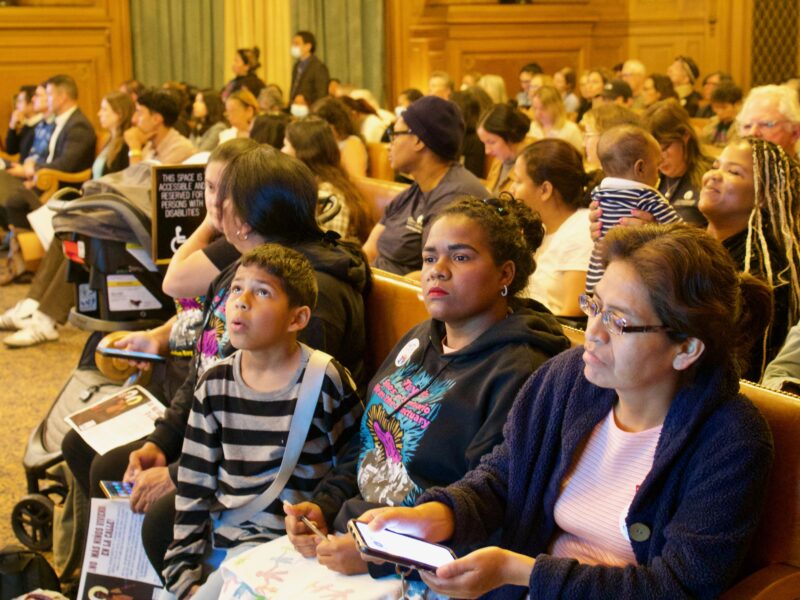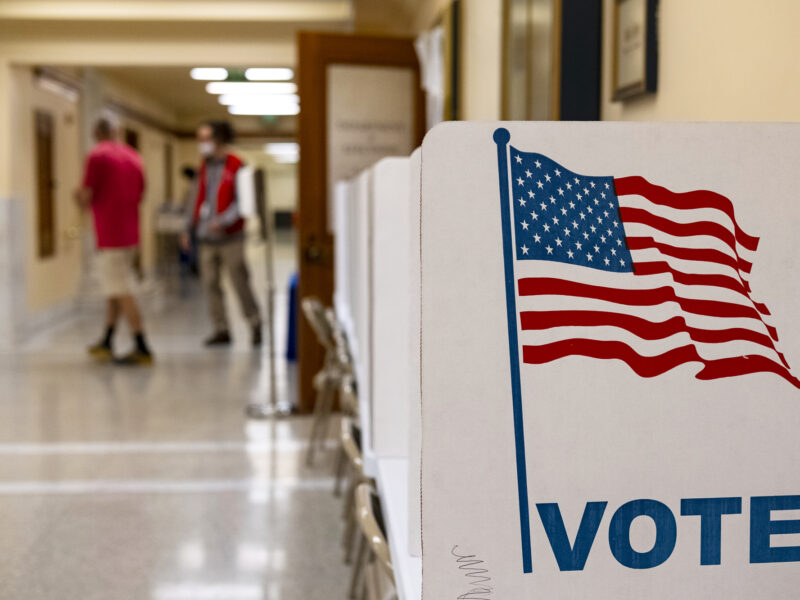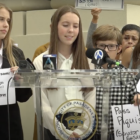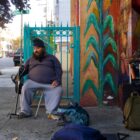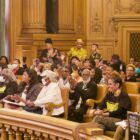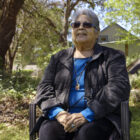Faced with an influx of unhoused migrant families into San Francisco, the Department of Homelessness and Supportive Housing will soon offer between 100 and 150 households temporary stays in hotels in the next year. That will likely fall short of addressing the full need.
Migrant families have joined service providers and faith-based advocates in a push for a policy response to the mounting crisis, including increasing access to temporary housing and providing greater transparency about where families are on the waitlist for shelter. City officials discussed potential solutions at a Monday hearing of the Board of Supervisors.
